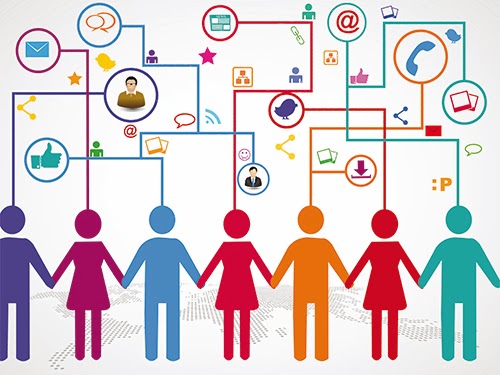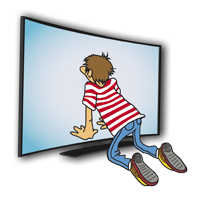Author: Raidell Avello Martínez – Translation: Erika-Lucia Gonzalez-Carrion

Source: https://goo.gl/wmVH6T
In a general way it is possible to call «sources of information» to all those resources that serve to meet the informative needs of any person, even if they were not created for this purpose. From the information theory there are also defined as any source of information that can be susceptible of being represented by an analog and / or digital signal.
In the sources you can find information and important data accumulated throughout the history appropriate to an investigation. As is to be expected, the results of our research will also be integrated into these and will be part of the scientific tradition necessary for future research.
The sources of information can be classified taking into account different criteria, although they all have points in common. Among the most used classifications there is one related to the level of information that they contribute:
- a) Primary sources: are those that contain new and original information obtained as a result of scientific research, among which are: monographs, serials, official documents of public institutions, technical reports, patents, standards, doctoral thesis, minutes of congresses, among others.
- b) Secondary sources: are those that contain organized and elaborated information, product of the analysis, synthesis and reorganization of primary sources, among which are: dictionaries, encyclopedias, anthologies, directories, yearbooks, bibliographies, catalogs, summaries bulletins, citation indexes or impact indexes, reference works, among others.
- c) Tertiary sources: are those secondary sources that have been combined with others, among which are: bibliographies of bibliographies or repertoires. Sources can also be classified according to the information they contain: general and specialized sources; or according to its geographical aspect: national or international.
On the other hand, due to the possibilities and facilities provided by ICT, the amount of information generated each day is greater, especially due to the prominence gained by users with the development of web 2.0, the increase in the number of digital journals, electronic books, blogs, online encyclopedias, among others.
All this, regardless of the type of source we need for our research, makes it more difficult to find relevant information to our research, so it is necessary to take into account a series of criteria for evaluating the information. A useful checklist, in form of questions, is shown below:
Present
How recent is the information?
Is it current enough for the topic?
Reliability
What kind of information is included in the resource?
Is the content of the resource primarily opinion? Is it balanced?
Does the creator provide references or data sources or citations?
Authority
Who is the creator or author?
Which are the credentials?
Who is the publisher or the sponsor?
Are they respectable / known?
What is the publisher’s interest (if any) in this information?
Are there ads / commercials on the website where the information is hosted?
Purpose / viewpoint
Is it a fact or opinion?
Is it partial?
Is the creator / author trying to sell you something?
In particular, assessing the credibility and usefulness of the information hosted on Web sites is a challenge, because Web sites are created in different ways and pursue very varied objectives. In addition to the previously mentioned elements for any source, the domain where it is housed can give some indications, for example: .edu and .gob are domains of public entities and the government respectively. Similarly, advertising may indicate that the information may be less reliable.
Personal web pages, social networks, blogs, etc., could be helpful in determining what people say about a topic and what discussions occur. Therefore, one must be very careful when incorporating these sources directly into an academic document.
In summary, the exponential growth of information, marked by the development of ICT, makes it more difficult every day to find relevant and appropriate information for our research. This demonstrates the need to develop the competences related to the handling of information, and in particular those of selection and evaluation. Researchers need to be equipped with a set of criteria and indications that, in an efficient way, could quickly select the most appropriate information for their investigation.
